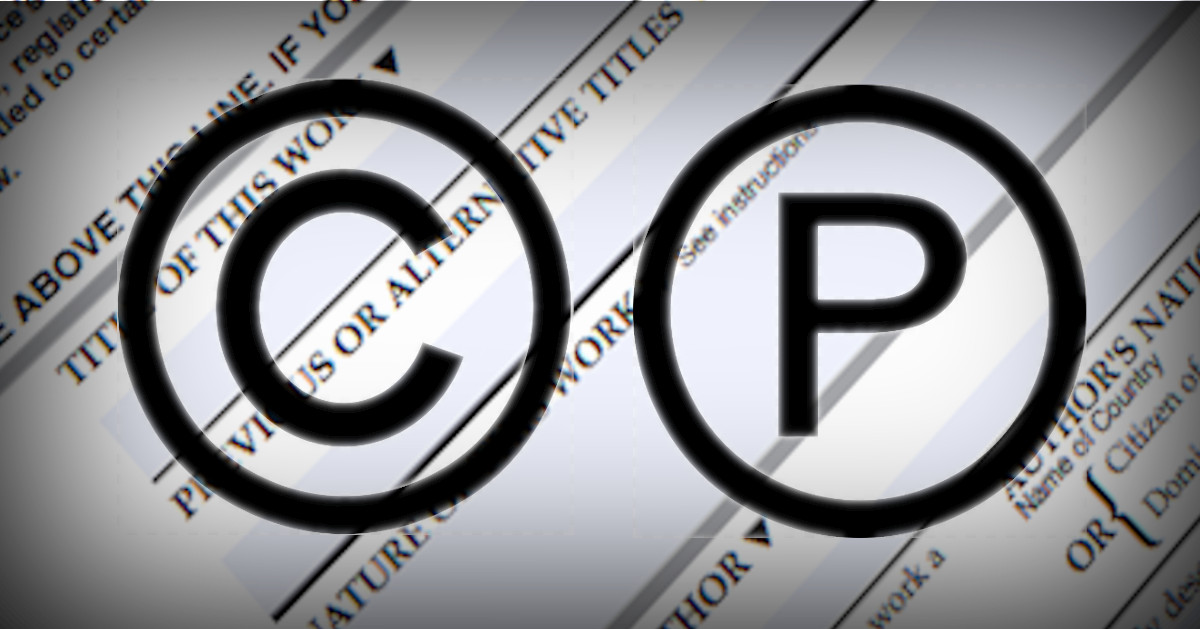Articles

The First 5 Steps When Starting Your Music Company
by Mark Alan V.
So you've decided to take the plunge. You've decided to become a professional musician. Congratulations, with that fateful decision, you are no longer a musician, you are now an entrepreneur.
Whether you dream of riches and fame and all that goes with it, or you just want to earn some cash on the side playing your guitar, you are still an entrepreneur who is starting a business for the purpose of making money. And this venture you are setting out on needs to be as a business. Here are the first 5 steps you need to do to establish your music company.
1. Write a Mission Statement
A mission statement is a one or 2 sentence declaration that describes the purpose of your business. It doesn't need to go into the finite details of how you will conduct business, but it should provide a core understanding of what you intend to do. For example:
The mission of the Grand Slam Polka Band is to bring the joy of Oom-pah music to the world through both live performances as well as recordings of original music.
This statement identifies who they are, the goal they have and how they intend to achieve that goal. While this is great for a band or solo musician, what about the weekend warrior who just wants to gig locally?
This mission of GuitarSlinger, LLC is to obtain and facilitate regular, part-time employment for Mark Alan V. as a freelance guitar player in the great Tulsa area.
It's simple and to the point. Mark Alan V. wants to play live around town most every weekend and is willing to fill in with any band that needs him.
Writing a mission statement is important because it forces you to really think about what you really want to do. Many businesses and organizations will have a placard with their mission statement on the wall for all to see. Take a little time, print it off, frame it and hang it in your office or music room. It will serve as a constant reminder as to why you took that leap and where you want to end up.
2. Write Your Business Plan
While a mission statement may seem like a business plan, rest assured, it is not. The mission statement outlines what you want to do, the business plan details how you are going to do it.
This is where it gets real, and complex. To be successful as a musician these days requires having multiple streams of income. And I'm not talking about just one or two, I mean many. No one is getting rich selling records anymore. Gigging is great until the world shuts down for a pandemic. A half a penny a spin on Spotify is a long road to being able to pay the mortgage. But, with a little bit coming in from many different sources, you stand a chance at making it work.
So you need to look at all the opportunities for earning income, no matter how small, then put together a plan on how to achieve each of those opportunities. That plan needs to include what it was cost, what tasks need to be performed and a timetable for each of those tasks.
There are plenty of resources online for how to write a business plan, google it, but beware of those who want to sell you their services. If you do your due diligence, you'll find everything you need.
3. Choose Your Company Name and Establish Your Legal Entity
At this point, you are ready to form your company. Now, there are a couple options for how your company will be structured. But before you start that process, you need a name and you need to make sure it's available in your state.
When choosing your name, it doesn't have to include your band name, this is not a marketing name, it's a business name that will be used for conducting business. So in the case of our polka loving band from earlier, they may name their company the Acme OMPA Company.
Once you have a name, you will likely have to file it with your state as a Domestic Trade Name. This is a way of establishing the name as a legal entity and registers it with your state government. So the first thing you need to do is check if the business name you want is available in your state, then follow the rules for your state on how to file. Try checking your state's Secretary of State or Corporation Commission's websites for information on how to search and file your company's legal name.
Now for the really important stuff. You, and whomever else is part of the venture, will need to decide how to structure this company. Will it be a sole proprietorship, a partnership or an LLC? There are pluses and minuses for each scenario. However, if you are really serious about this music thing, and your state allows it, you may want to form an LLC, even if it's just you. An LLC is a Limited Liability Corporation, and while it offers the protection of a corporation, it still functions like a sole proprietorship or partnership from a tax standpoint. There are usually annual costs involved and some paperwork with having an LLC.
4. Open A Business Checking Account
You have a name, you have your business official established with your state, now it's time to talk about the Benjamins. And means it's time to dig into your wallet, pull out some cash and open a checking account in your company's name. And then you have to remember to use it.
From this point forward, all financial transactions involving your efforts as a musician need to go through this account. When you buy guitar strings, use the debit card for this account. Have your royalties direct-deposited to this account. When you get paid for a gig, put that money in this account. When you pay your bandmates for that gig, write them a check from it. Oh they'll 'love' you for that, but your tax accountant will love you more.
And what happens when you don't have enough in the account and need to cover it from your personal checking account? Well, you need to transfer the money from your personal account into the business account and treat it as a capital investment in your books. Even if you are just going to buy some guitar picks, transfer that $1.59 and pay for it from there.
A little hint, don't spend the money on fancy corporate checks with your logo on it. Sure, they will look cool for the two or three checks you write over the next 10 years, but for the most part, they will collect dust in your desk drawer. Go with the cheapest option your bank offers.
5. Get Accounting Software
Steps 1 through 4 were pretty much singular tasks, you complete them and move on to the next. Unfortunately, this task is one you may very likely have to do the rest of your career. So it's important that you get a comprehensive understanding of it. Once you get a Grammy or two under your belt, then you can afford to hire an accountant. And even then, you don't want to end up in a situation like Willie Nelson did. Google it if you don't know what happened to him. Google it if you don't know who Willie Nelson is.
As you dive deeper into this task, you'll see why it is so important to handle everything in and out of the company checking account. It will make life a lot easier to log your income and expenses in your accounting software if all your transactions are centralized.
There are several really good, easy to use accounting and bookkeeping applications out there. Many of them offer multiple plans, usually for a monthly subscription. And almost all of them have online versions, so you don't have to install software. Some plans even integrate with your online banking so you can perform bill pay through it and automatically log it. Keeping everything nice and neat.
I recommend spending some time researching what to set up, how to do basic bookkeeping and what qualifies as a business expense, etc. Since the key is multiple streams of income, you'll need to have a basic understanding of cost centers and p/l centers, as well as everything that is considered a business expense. All too often musicians forget they can 'write off' things like gas, food and lodging, etc and even part of the money you may spend 'entertaining' record executives.
Fortunately, bookkeeping and basic accounting isn't hard to do if everything is set up correctly. You spend money, log it, you earn money, log it. When it comes tax time, print off some reports and take them to your tax person.
So in conclusion, while these are the basic steps to setting up your music business, by no means are the the final steps. The key to running a successful business it to be organized, have a plan, and constantly re-evaluate that plan. As mentioned in the top of this article, you are no longer just a musician, you are now an entrepreneur, so get ready.
Your Band Is A Business
PA or SR, Single or Collection: Which Copyright Registration Approach Should You Take?
Selling Maggie's Farm: The Firesale On Songwriters' Catalogs
What is 'Publishing' and Why Should You Keep It?
More From The Web
- Source: Music Business Worldwide
Billboard just made ‘free’ streams worth more on its US charts. YouTube is still not happy – and is pulling its data.
- Source: Music Business Worldwide
Global value of music copyright reached $47.2 billion in 2024, says new Will Page report
- Source: Music Business Worldwide
BMG renews, expands global publishing deal with TikTok
- Source: Music Business Worldwide
On-demand streams to count more under Billboard’s new method for measuring chart hits
- Source: Music Business Worldwide
Margo Price signs global publishing deal with Warner Chappell Music
- Source: Music Business Worldwide
Beggars Group confirms transfer of ownership to Trust ‘to preserve the company’s independence’
- Source: Music Business Worldwide
Vevo DSCVR Artists To Watch 2026: Royel Otis, SAILORR, Sayf, Aaron Rowe
- Source: Music Business Worldwide
Caroline Ellis promoted to Vice President, A&R at Island Records
- Source: Music Business Worldwide
Saregama invests $36m in Bollywood studio Bhansali Productions, secures exclusive music rights for future films
- Source: Music Business Worldwide
Djo and Finn Wolfhard see music streams spike after Stranger Things 5 Netflix debut



